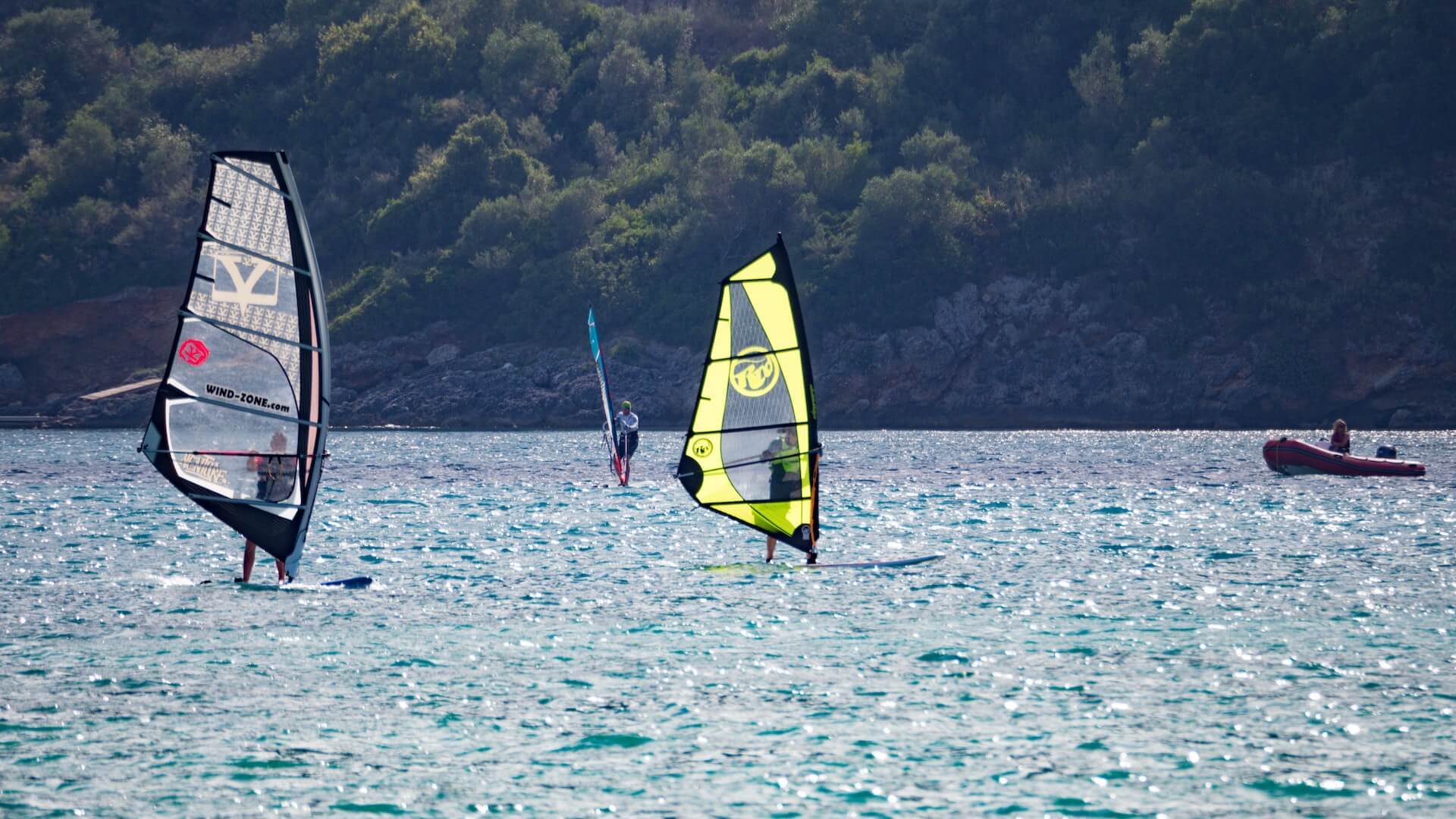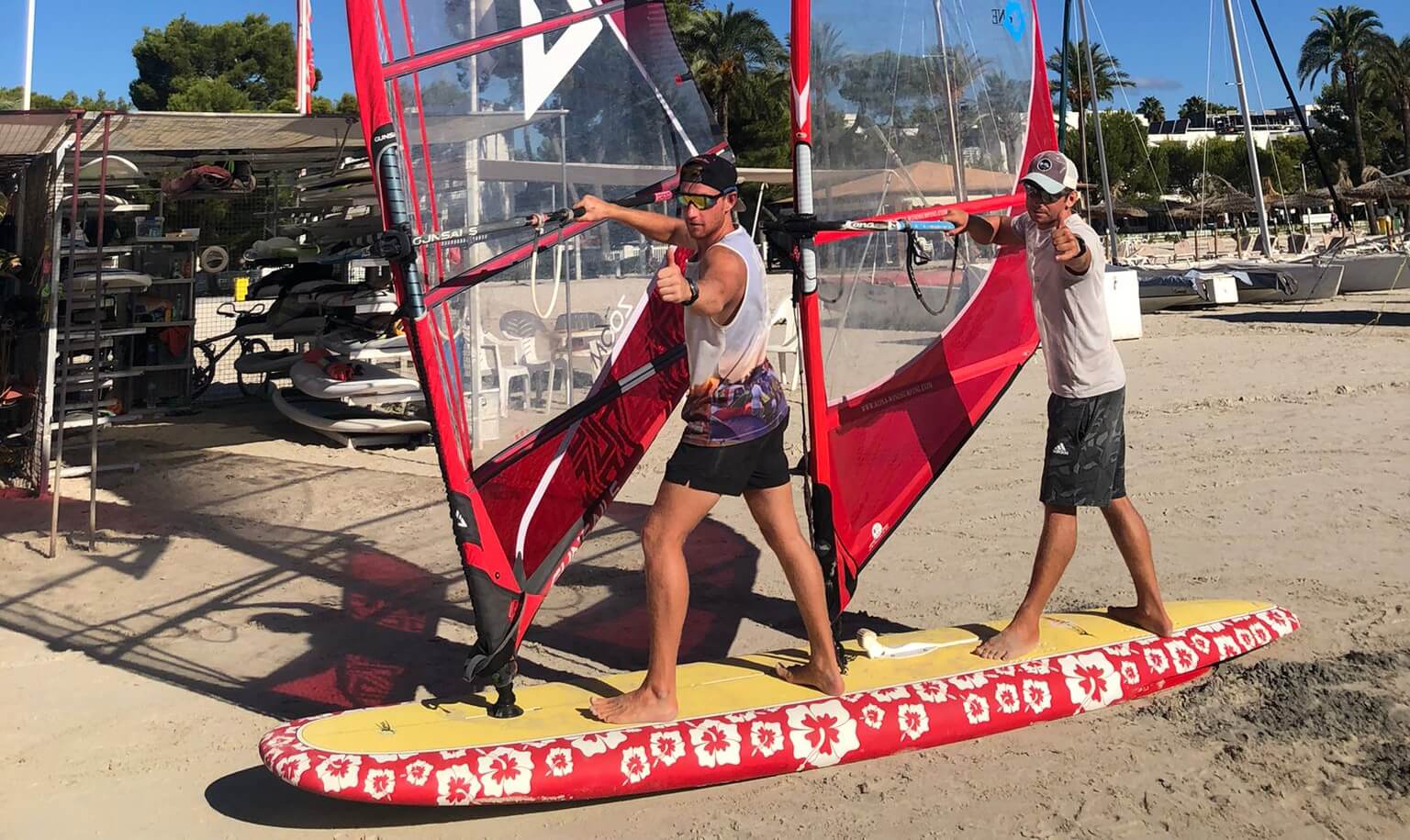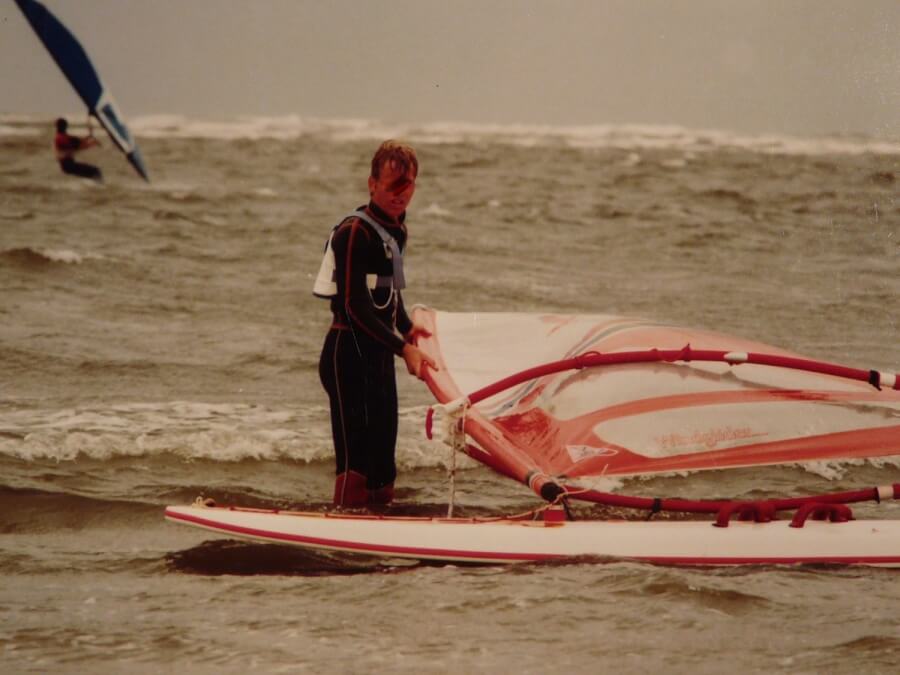
Water sports and sustainability
Why is water sports like sailing, windsurfing, wingfoiling environmentally friendly?
Water sports such as sailing, windsurfing, and wingfoiling can be considered environmentally friendly for several reasons:
Renewable Energy Sources: These sports harness the power of nature, primarily wind, which is a renewable energy source. By utilizing wind power, they reduce the dependency on fossil fuels and minimize greenhouse gas emissions.
No Fuel Consumption: Unlike motorized water sports that rely on engines and fossil fuels, sailing, windsurfing, kiteboarding or wingfoiling do not consume any fuel during their practice. This absence of fuel combustion results in reduced air and water pollution.
Minimal Noise Pollution: These sports are generally quiet, causing minimal noise pollution compared to motorized activities. The low noise levels reduce disturbances to marine life, preserving their habitats and natural behaviors.
Limited Mechanical Impact: Sailing, windsurfing, and wing foiling typically involve the use of sailboats, windsurf boards, or wing foils that have minimal mechanical impact on the marine environment. They do not have propellers or motors that can damage the seabed or cause erosion.
Non-invasive to Marine Life: These sports do not require direct contact with marine life or habitats. Unlike activities like diving or snorkeling, where physical contact with marine ecosystems is common, sailing, windsurfing, and wingfoiling allow for passive observation and enjoyment of marine environments without causing harm.
Environmental Awareness: Water sports enthusiasts, especially sailors, windsurfers, and wingfoilers, often develop a deep appreciation for nature and the environment. Their close connection to the water and wind fosters a strong sense of environmental responsibility, leading to greater awareness and conservation efforts.
While these water sports have inherent environmental benefits, it’s still crucial for participants to be mindful of their actions. Respecting marine protected areas, avoiding littering, and using eco-friendly materials and equipment are essential steps to maintain the environmental friendliness of these sports.


